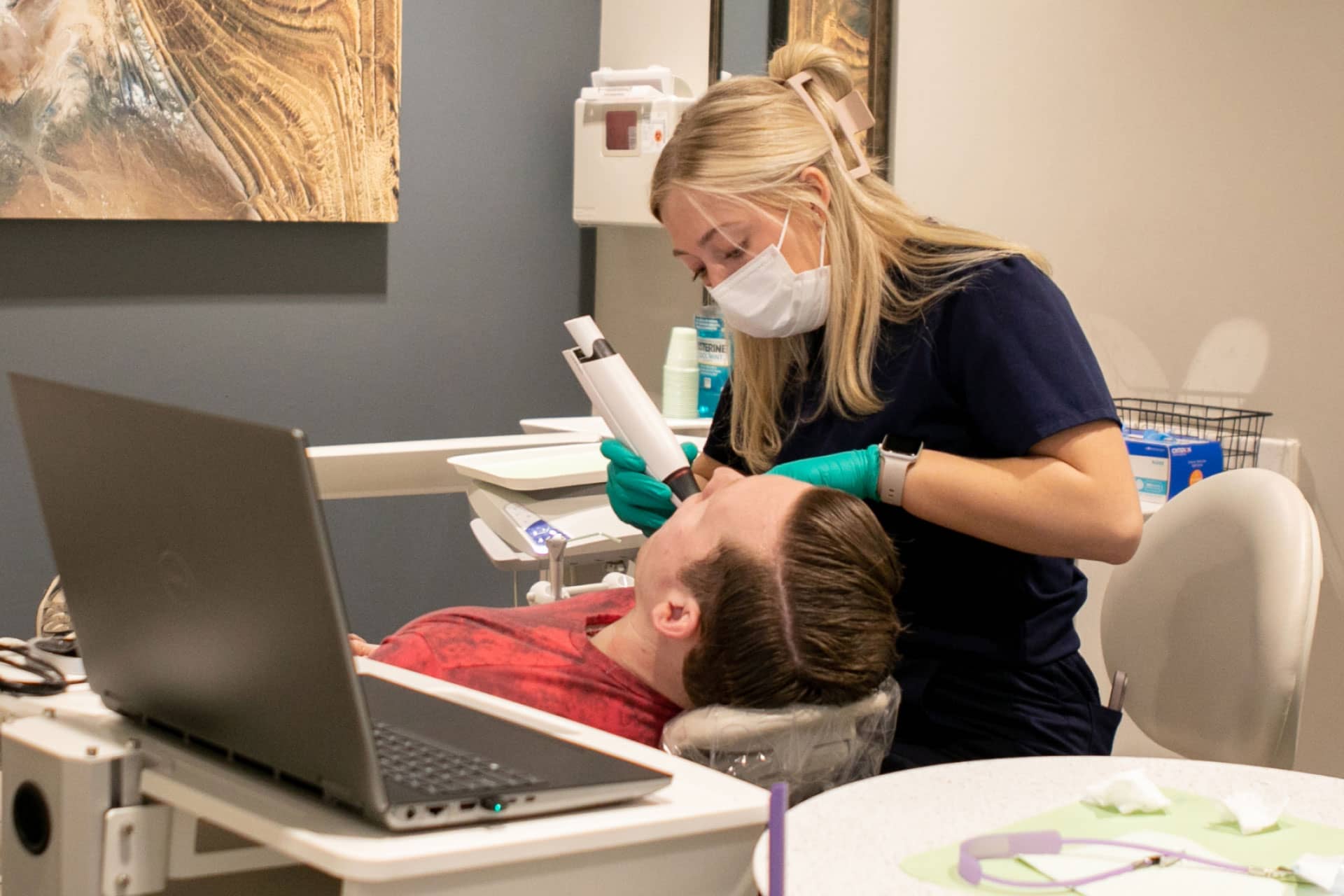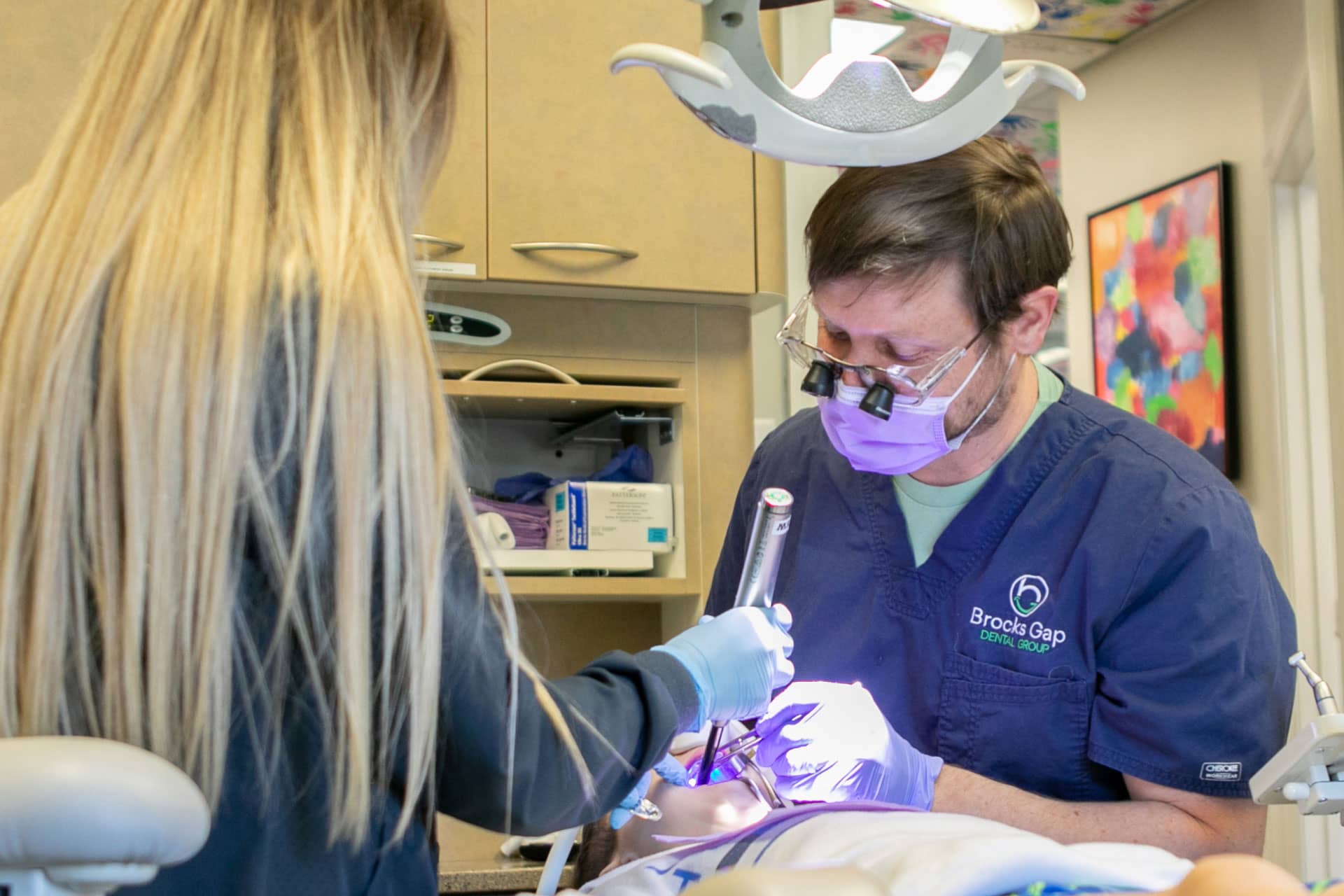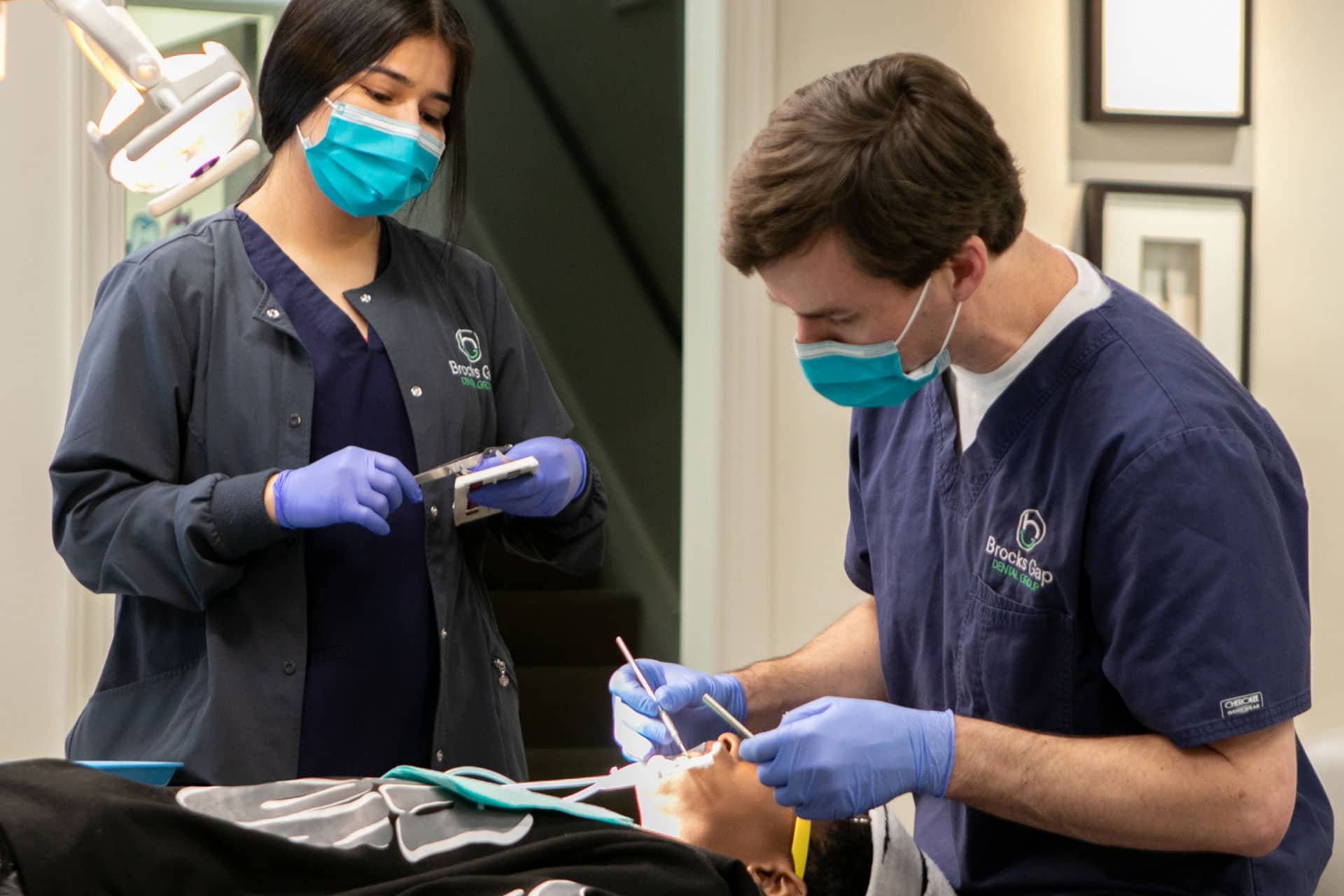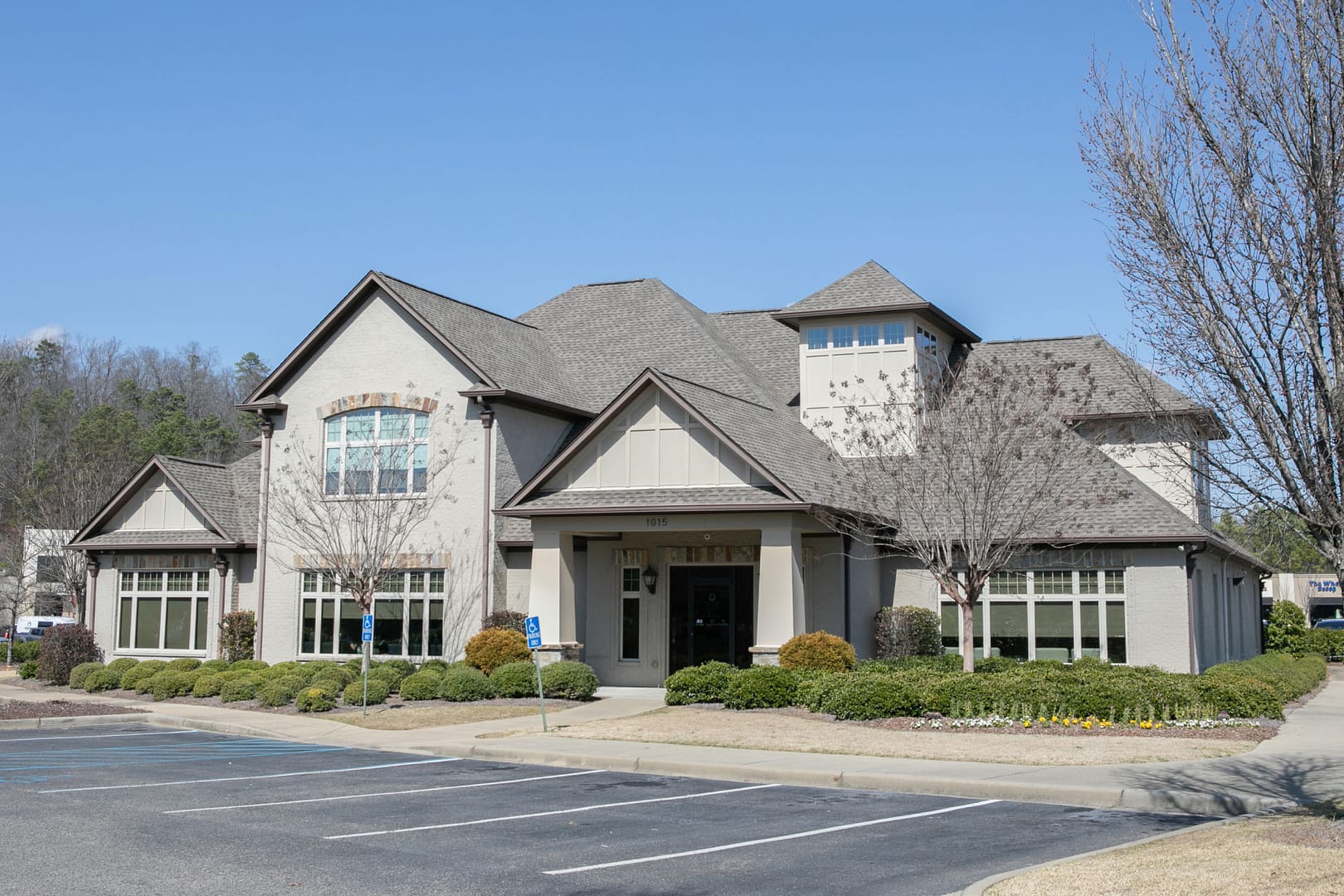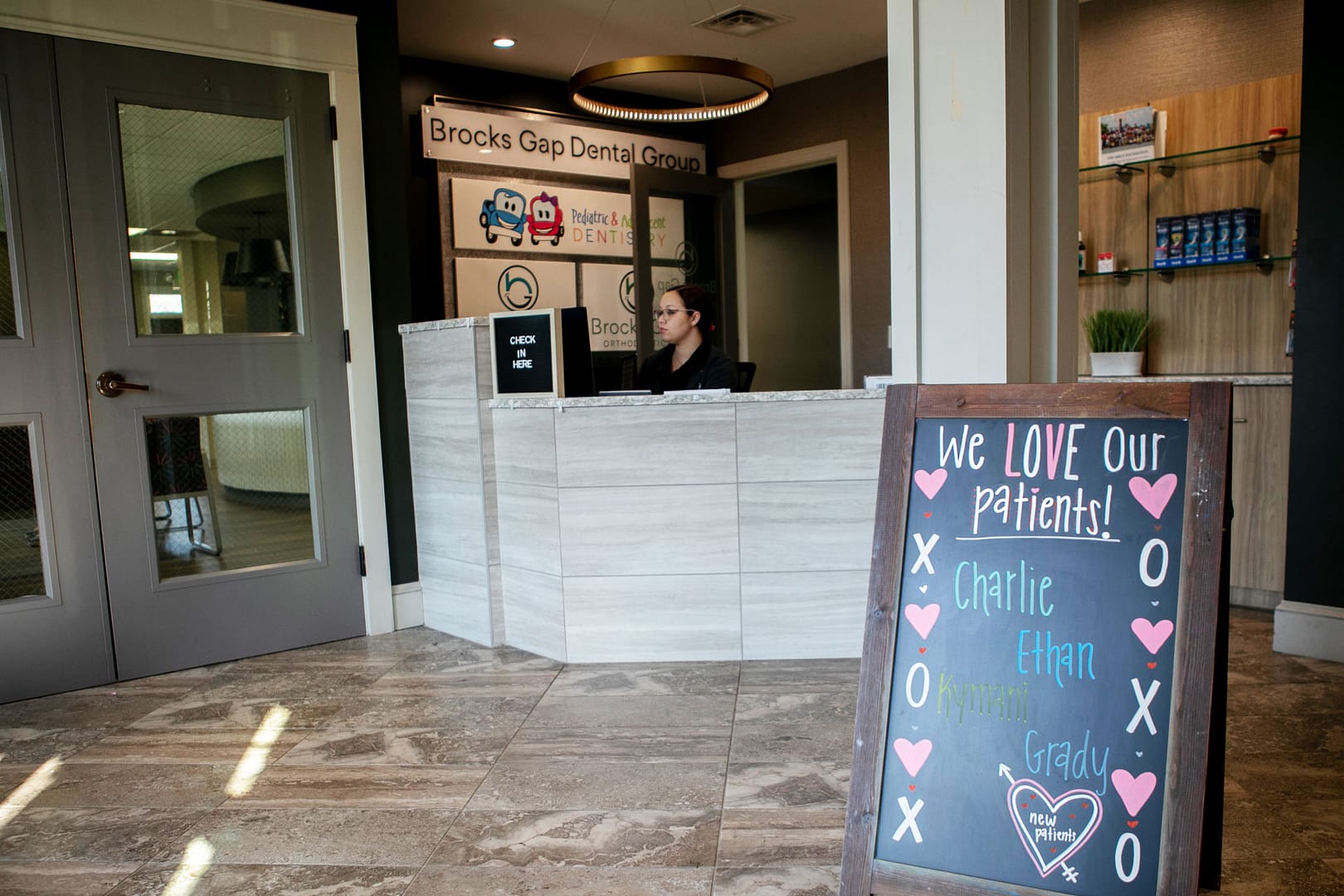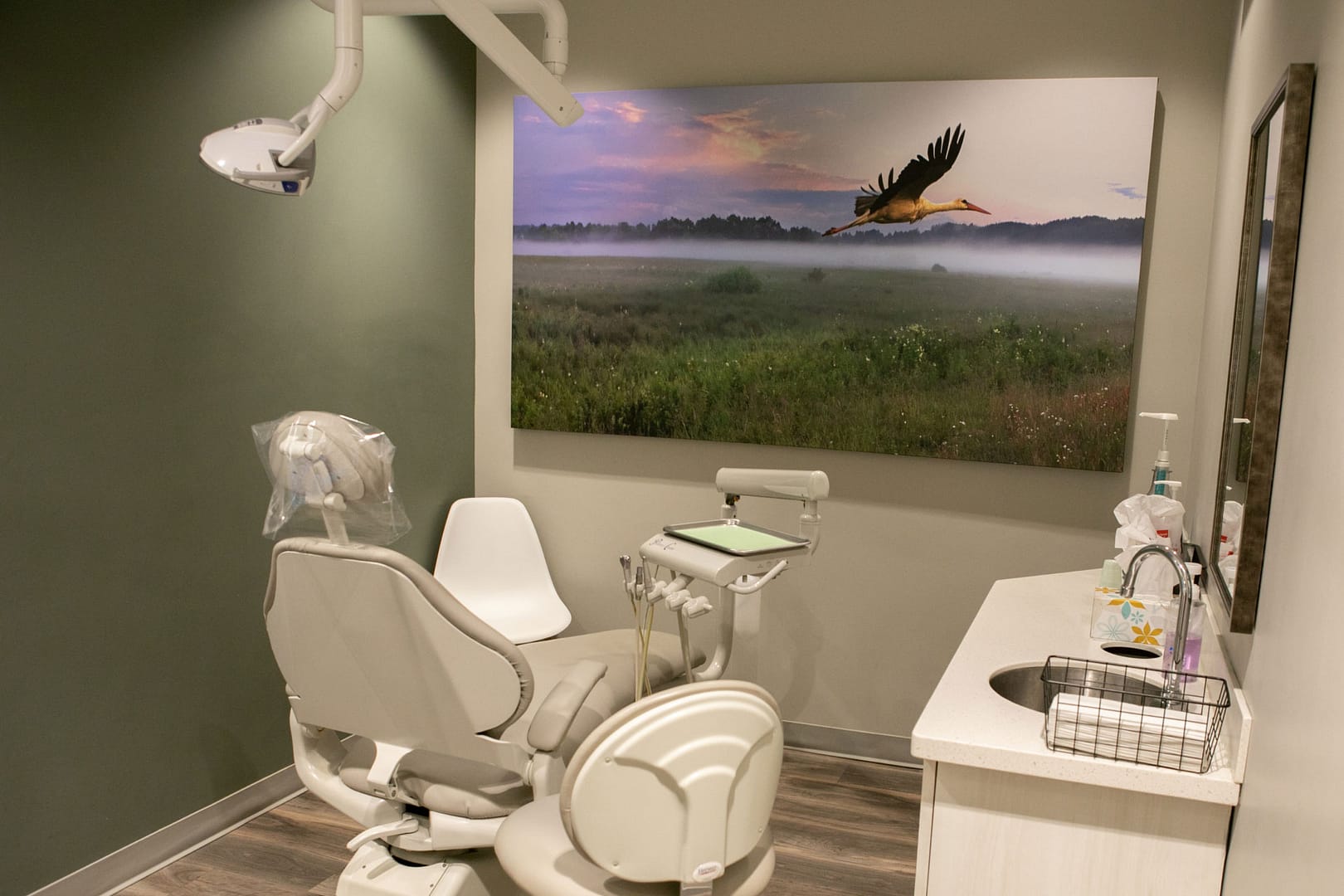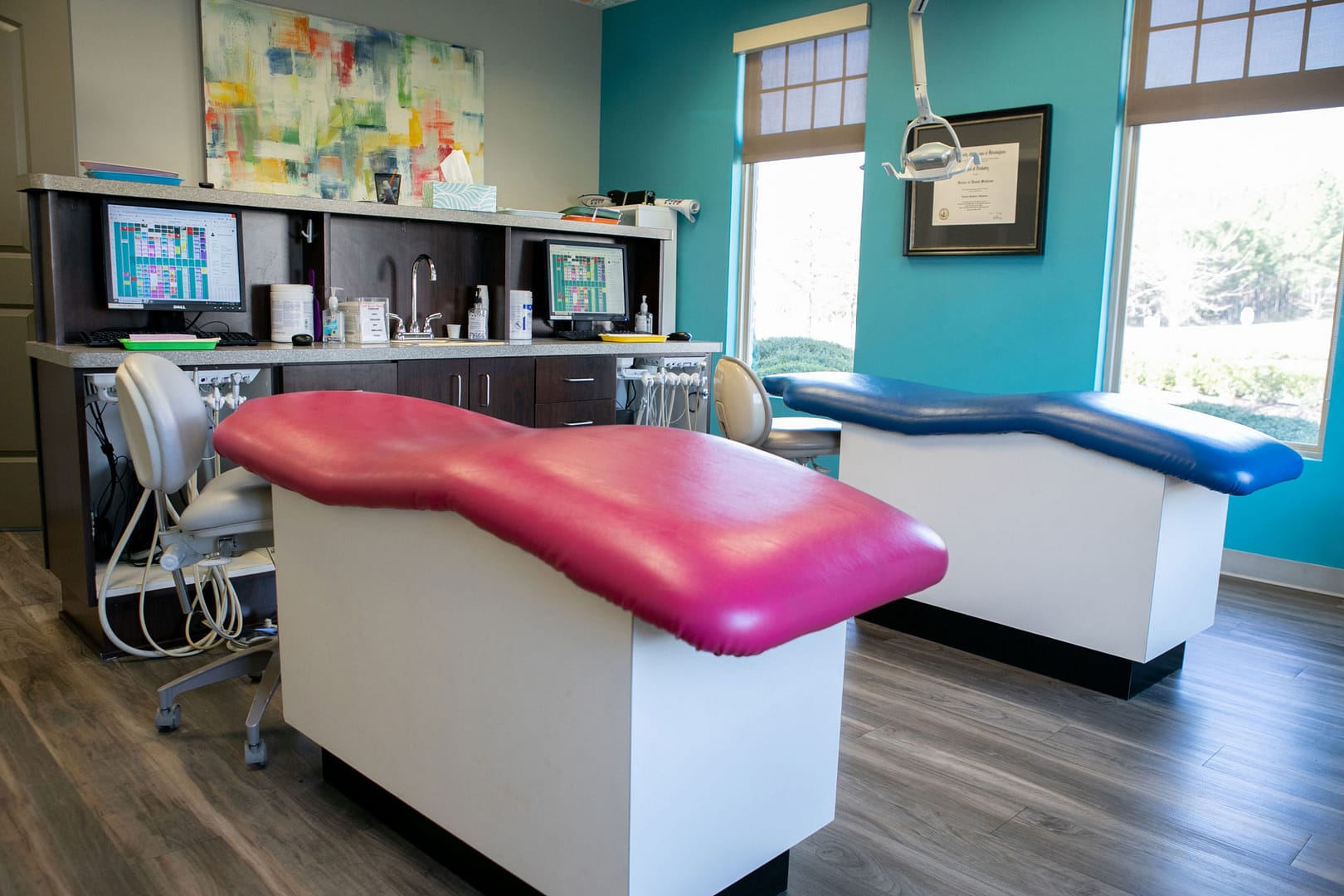Helping Families Smile Brightly
in Hoover, Alabama
Helping Families Smile Brightly in Hoover, Alabama
Nurturing Smiles through a Lifetime of Healthy Teeth
Comprehensive dental care for the whole family
Convenient location
Family appointments available
Personalized service
The latest dental technology
CEREC same day dental crowns
Fun, laid-back atmosphere

Give your family the gift of healthy smiles at every age and stage.
Three Dental Practices Under One Roof
A family dental practice, a pediatric dental practice, and an orthodontic practice all in one place.
Your Trusted Partners in Oral Health
Helping Hoover families smile since 2010
Your Trusted Partners in Oral Health
Helping Hoover families smile since 2010
Comprehensive Dental Solutions for Your Family
Preventive Dentistry
Regular checkups and preventive cleanings will ensure you and your kids maintain healthy smiles.
Dental Implants
Dental implants permanently replace one or more missing teeth to complete your smile, restore oral function, and boost confidence.
Teeth Whitening
We can help you and your family achieve brighter, whiter, and more confident smiles.
Dental Crowns
Custom-made dental crowns strengthen damaged teeth and protect them from further harm.
Dentures
We offer full dentures, partial dentures, and implant-supported dentures to easily complete your smile.
Sedation Dentistry
Our office offers sedation dentistry options to help patients stay relaxed throughout treatment.
Looking for a dental home for your kids?
Hundreds of families in and around Hoover trust Brocks Gap Dental Group as their dental home. Our dedicated team has the knowledge, skills, and approach to provide both you and your children with positive dental experiences and the best dental care possible. We treat kids from birth right through to college and offer a wide range of general, cosmetic, restorative, and pediatric dental services.
Make an appointment.
It makes sense to choose the team you already know and trust. With a preventive approach to dentistry, we can help your kids establish good oral health habits so they can enjoy a lifetime of healthy smiles. To make an appointment, please complete the form below. Our friendly team will contact you soon to confirm your appointment request.
